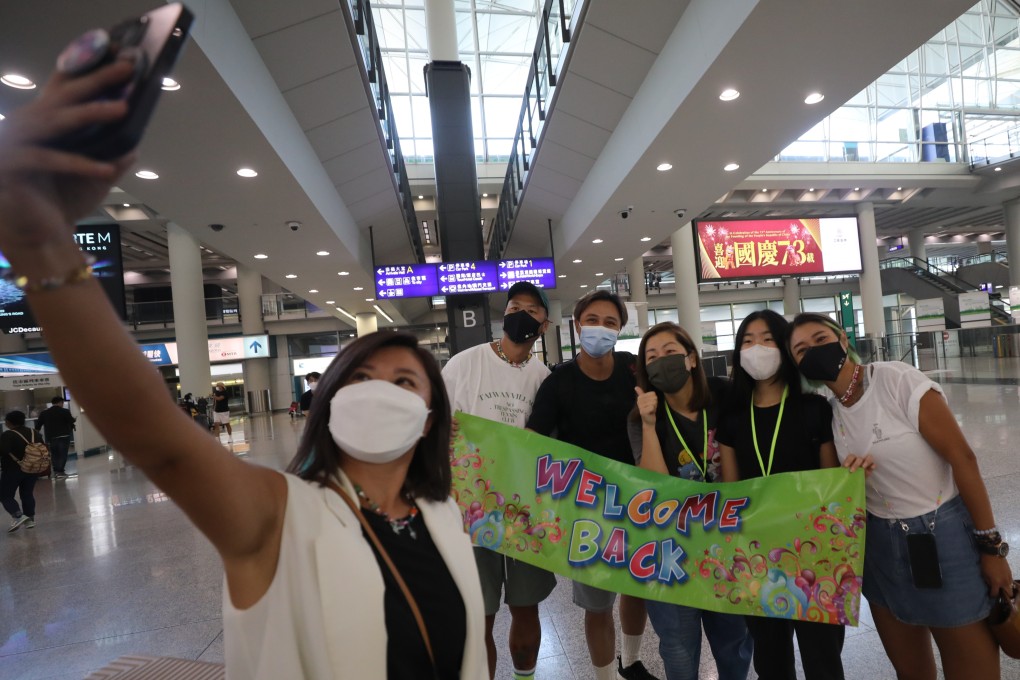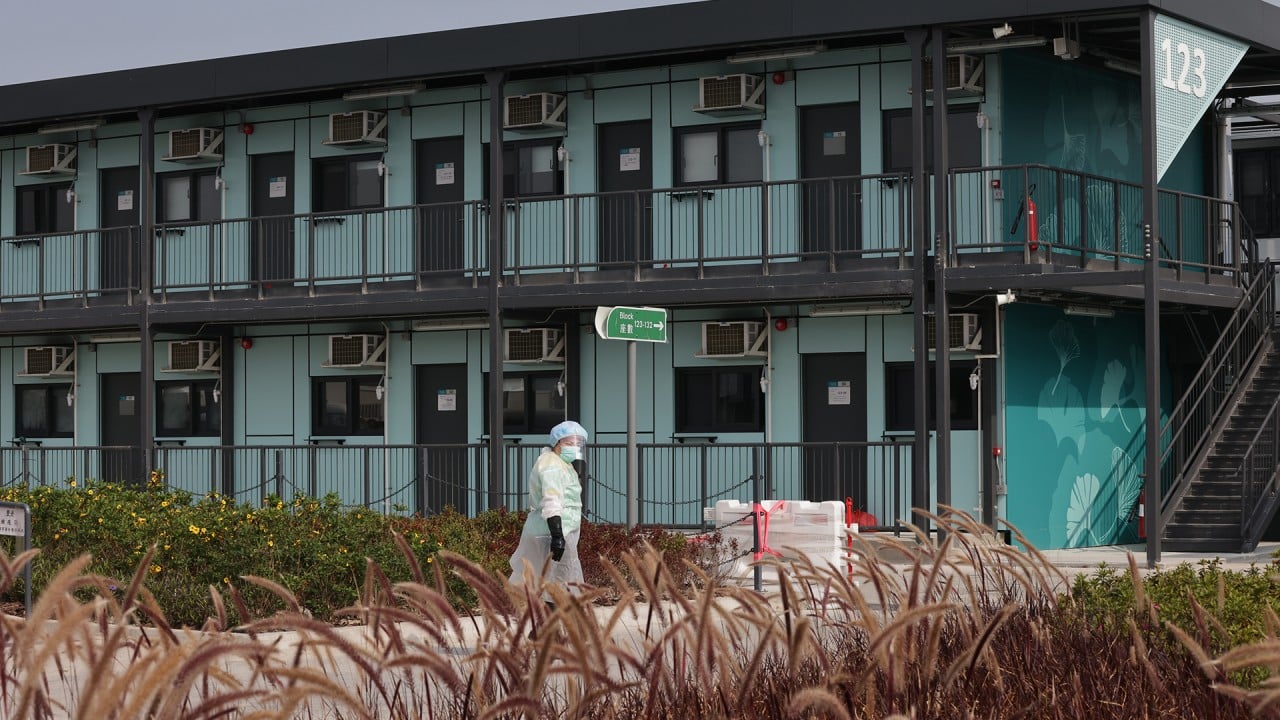Advertisement
Opinion | Hong Kong must pivot to normality with an unqualified ‘zero’ policy for travellers
- The government deserves praise for removing hotel quarantine relatively quickly, but at this stage of the pandemic, we need no quarantine, no medical surveillance and no testing
- It is time for the responsibility for Covid-related health to shift back to individuals as we cannot afford to test and quarantine forever
Reading Time:3 minutes
Why you can trust SCMP
9

Twenty-one, 14, seven, 3+4, 0+3. This is not some strange derivative of a reverse Fibonacci sequence. Sadly, most Hong Kong residents probably know what these numbers mean – the dreaded number of hotel quarantine days upon arrival in the city.
There has been much speculation about when Hong Kong will implement a “0+0” entry policy, but this was not announced in Chief Executive John Lee Ka-chiu’s policy address. But what is “0+0”? It has yet to be defined.
To many, it means no hotel quarantine and the ability to go to restaurants immediately but with testing on arrival to screen for positive cases. These cases would likely receive a red code and be unable to go to office or visit restaurants and bars. It is up for debate whether the “+0” part includes medical surveillance or not.
While I applaud the current administration for its relatively rapid progression to no hotel quarantine for travellers, I am of the opinion that at this stage of the pandemic, we need to move to a full and unqualified “zero” policy. By this I mean no quarantine, no medical surveillance and, importantly, no testing.
Even the “0+0” with testing will appeal only to Hongkongers and those who have family or friends in Hong Kong they wish to visit. It won’t attract most tourists and businesspeople as they would run the risk of testing positive for Covid-19 and being unable to enter offices and restaurants. People already avoid Hong Kong because of the threat of confinement to the infamous Penny’s Bay, whether real or imagined.
As has been widely reported, our restrictive anti-pandemic measures have resulted in an exodus of both firms and talent. Regional roles require frequent travel and, as other countries have opened up, many companies have relocated their staff overseas – some temporarily, others permanently. According to a recent survey by the Hong Kong Investment Funds Association, more than a third of fund management companies have moved some or all of their regional and global roles out of Hong Kong.
Advertisement


